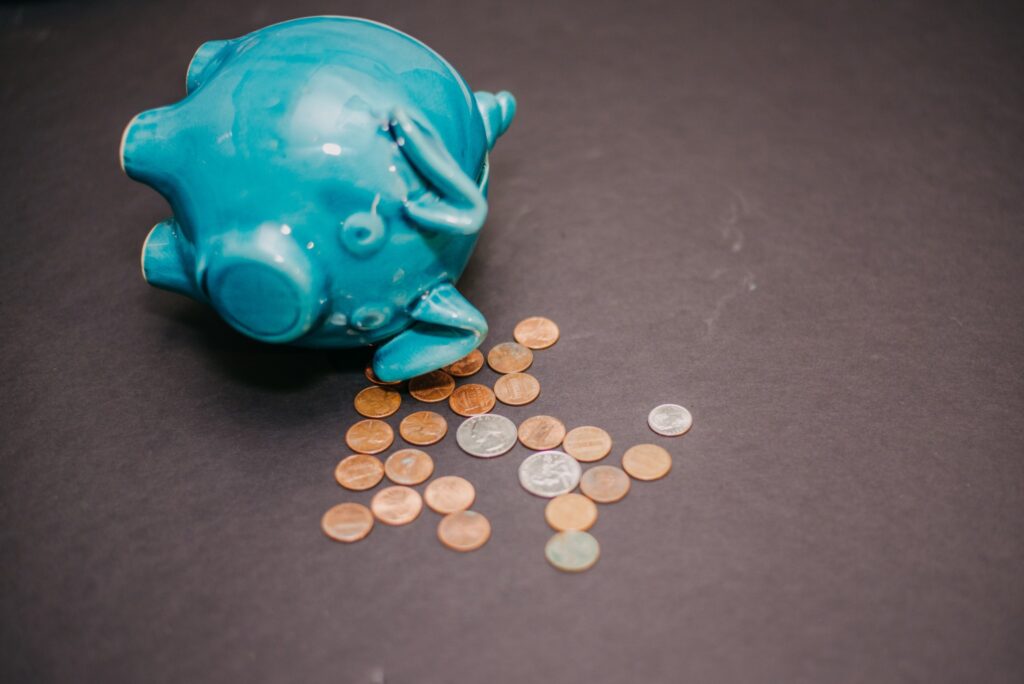
Navigating the home buying process can be tricky, whether you’re searching for your dream home or preparing your home to be sold.
Two standard terms of equal importance to both the buyer and seller are “earnest money deposit” and “down payment.” Both have to do with money, but what is the difference between them?
Earnest Money Deposit vs. Down Payment
What is an earnest money deposit?
An earnest money deposit is a good-faith gesture on behalf of the buyer proving their commitment to purchasing the seller’s property.
How much is required for a typical earnest money deposit?
Most often, the amount of an earnest money deposit is 1%-5% of the purchase price; however, this amount may vary based on the state you live in, the current real estate market, as well as the buyer’s method of financing.
Earnest money deposits are typically due when the purchase contract is first executed, often in the form of a personal check. The money is held by either the buyer’s agent, title company, etc. and is never given to the seller directly. If the check is deposited, then the funds will be held in what is known as an escrow deposit account and will be credited towards the purchase price of the property at closing.
Depending on the wording of the purchase contract, a seller may be entitled to keep a buyer’s earnest money deposit, should the buyer fail to close on the property due to a number of reasons – simply deciding not to purchase the property, waiver of contingencies or failure to secure financing within the timeframe agreed upon in the purchase contract.
While an earnest money deposit functions as a promise to the seller, a down payment is a promise to the lender facilitating your mortgage loan.
What is a down payment?
A down payment refers to the amount of money a buyer pays to the seller at closing, via a cashier’s check or wired directly from the buyer’s bank. Most often, the money for a down payment is derived from either the buyer’s savings, proceeds from the sale of a current home, or a gift from a family member.
How much is required for a typical down payment?
The lender often determines the exact amount needed for a down payment in relation to the overall loan amount; however, a 20% down payment is recommended by real estate agents. According to experts at NerdWallet, “A larger down payment offers advantages beyond lowering the monthly mortgage payment and avoiding PMI. You’ll also get a lower mortgage interest rate, pay fewer fees and gain equity in your home faster” (NerdWallet.com).
Keep in mind that in addition to saving for a down payment, you will need to budget for closing costs and other expenses when purchasing a home.
It’s important to connect with a local lender that understands the real estate market in your community, as well as your personal financial goals. At GoPrime Mortgage, Inc., our local lenders will guide you every through every step of the home buying process. After all, it’s more than just a mortgage – We’re connecting families with their dream homes! Find a local lender near you here: http://ow.ly/V2MV50xZs6w.